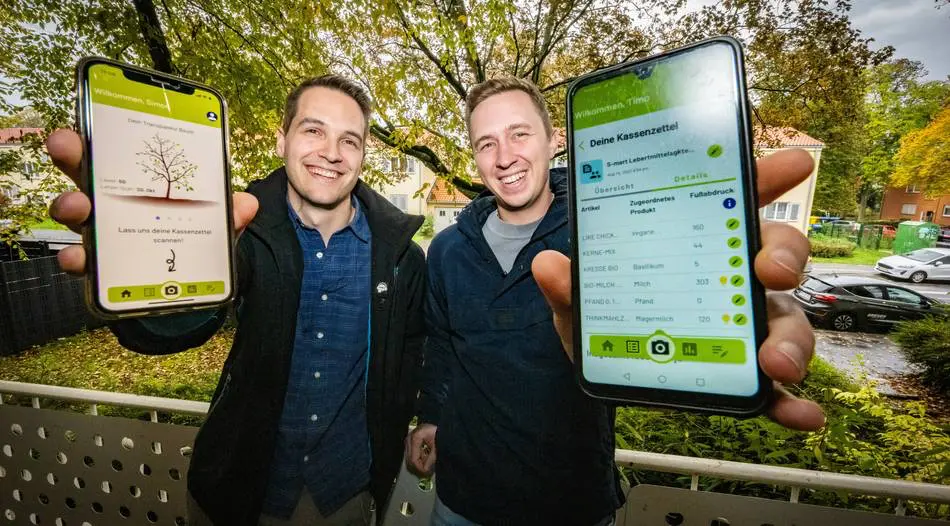
We started out in the living room of my small apartment end of 2021 with the goal of making environmental impact easier to measure in daily life. After some months of interviewing and researching we decided to build something that would best be described as a carbon footprint step tracker for groceries. Our goal was to make footprints universally accessible when shopping. We built, launched and advertised the MVP within months.... At first the functionality and design where rather shitty. From a technical perspective the main challenge was getting the footprint data enriched and to a usable point, and then coming up with algorithms that can ensure a reasonable mapping towards the actual products. We tried to grow our user base any way we could think of but ultimately we decided to give in and pivot towards other solutions.
[read more]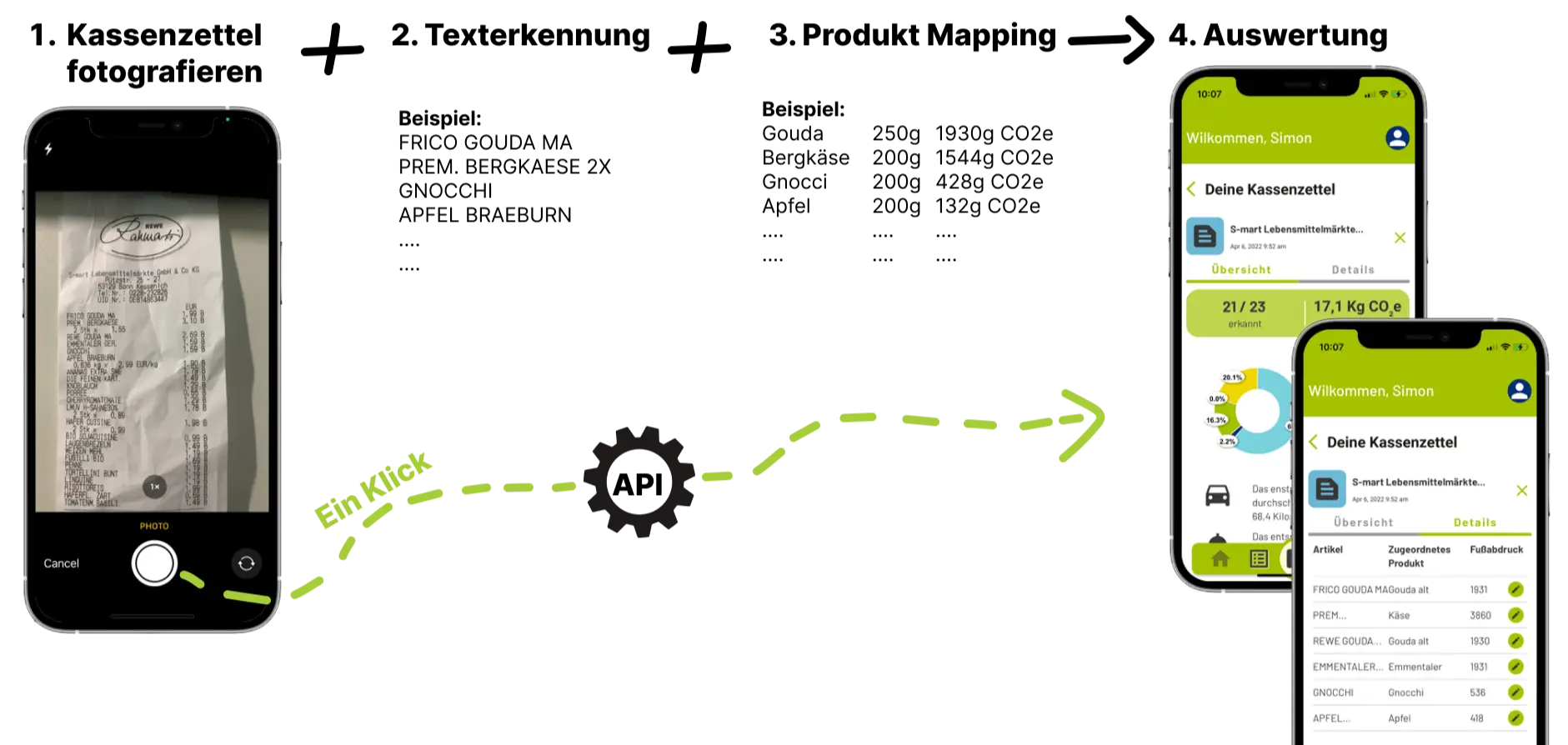
The idea is simple. Take a picture each time you go grocery shopping and the app will provide you with the carbon footprint per item. Also it gives simple suggestions where easy improvements could be found. Over time you get a pretty good understanding what drives your footprint and the app helps to make progress measureable. This makes it easier to improve your carbon footprint in daily life. Our app can still be downloaded (at least in Germany) and used but currently there is no further development going in.
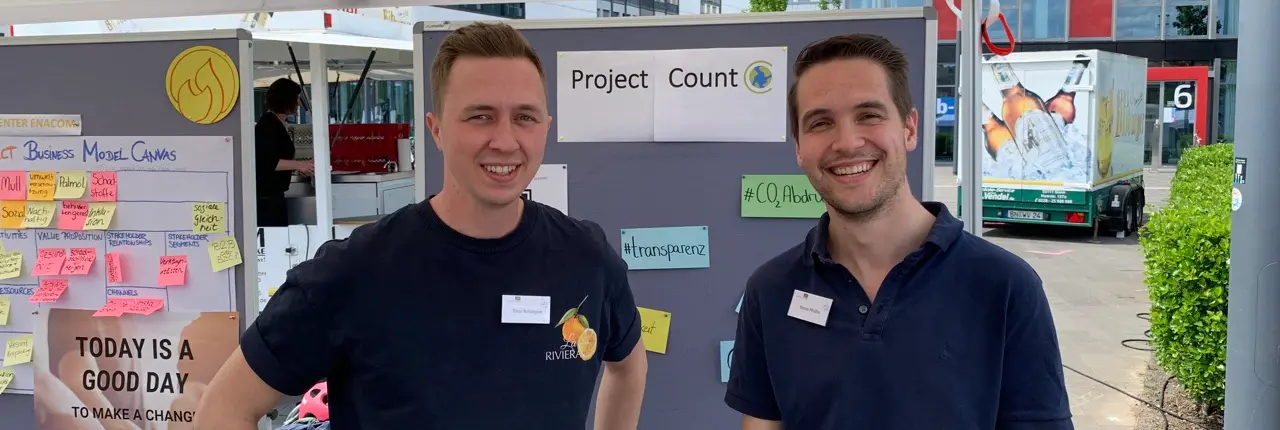
Project Count is run by Timo and Simon. Having been friends since college, both of them are
passionate about making a real impact. For us this means experimenting with stuff that might make
our own footprint better. Our main critique with the current state of sustainability efforts is the
lack of accessible information. We realized that we have a passion for trying products that make
our own daily life a bit more sustainable, so we decided to start selling selected products along
with the most thorough investigation possible.
We will continue to research and experiment - and of course document and share it on here. There
are amazing options out there and we intend to find them. Also we are exploring the possibility to
develop products ourself, more on that (hopefully) soon.
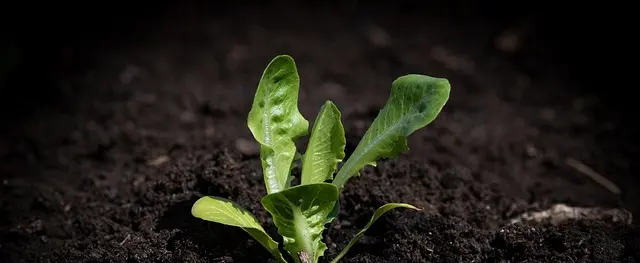
As promised we want to be as transparent as possible about our current status. We are currently
working on getting the new website and store published. We are working hard to ensure we have a
baseline of content already available for the launch - but of course we are far from done.
Also we are looking into options for producing our first own product. We are currently in talks to
create an "urban" garden to grow the required crops.
We have started with phase 1: Pre-cultivating some of the ingredients for our first product.
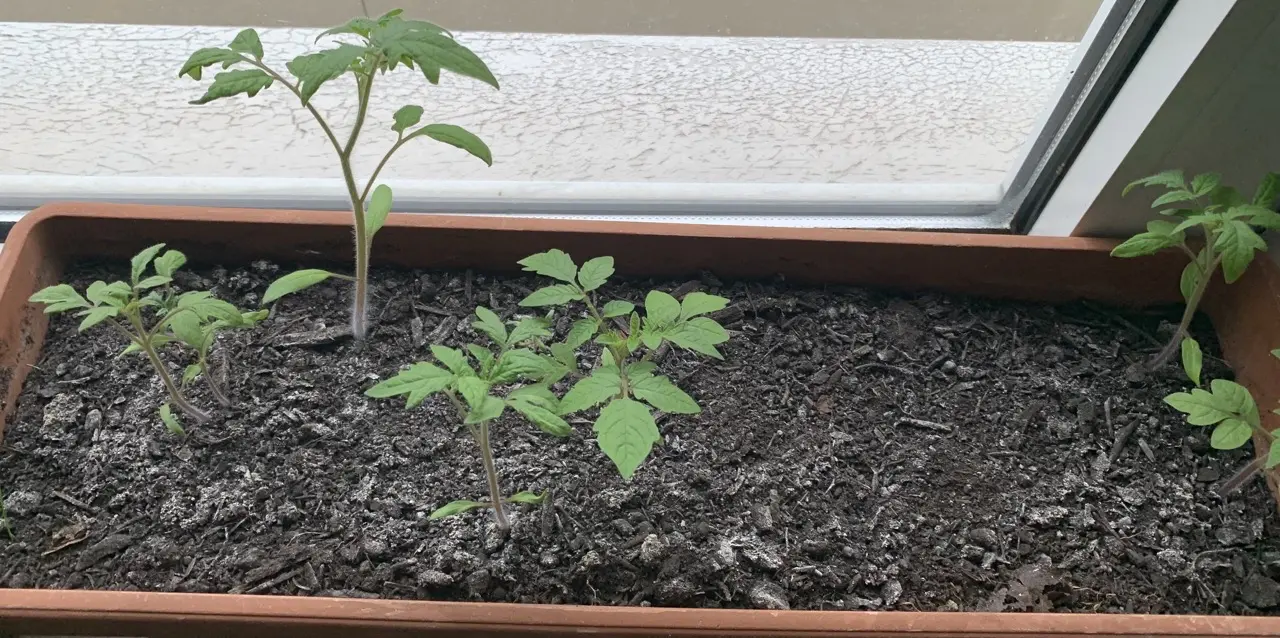
The crops we want to cultivate (tomatoes, chilies and onions) need to be pre-cultivated inside before moving them outdoor around May.
Inputs:
- Plant containers (2nd hand, giveaways - 0g CO₂e)
- 20 l regular plant soil, we still had laying around (1,5 kg CO₂e)
- Seeds (from family & friends last harvest - 0g CO₂e)
- ~10 l tap water (0,14g CO₂e / liter = 140g CO₂e)
Considerations (minimize inputs!):
- Using reused containers saves unnecessary emissions
- Next time: replace regular soil with biochar mix
- No extra heating needed, use living area that is heated anyways
read more..

